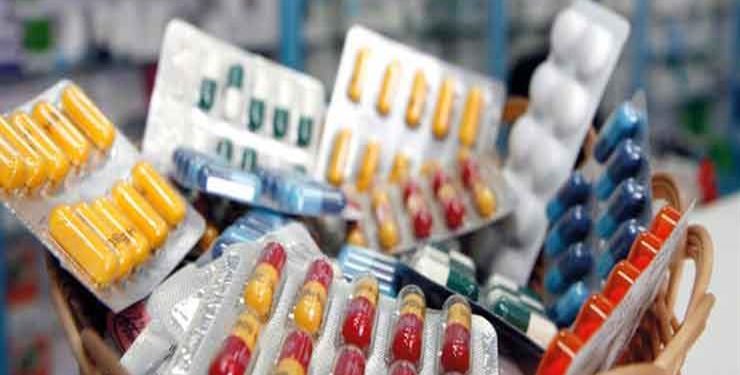Sunday, April 7, 2021
Press Release
—————————————————————————————–.
On Wednesday, April 7, 2021, the Research and Studies Unit of the Forum for Development and Human Rights Dialogue issued a report entitled “The Right to Medicine”
The report pointed out that medicine is one of the most important strategic factors in any country and is considered a matter of national security and the pharmaceutical industry in Egypt has faced multiple crises, related to the pricing and registration of medicine and increasing the influence of the private sector, and the shortage of some medicines.
The report explained that the issue of monopoly in the drug market drew the attention of the government, especially after the current Egyptian administration decided to eliminate any monopolistic practices in the field of medicines and to eliminate the monopoly system had to apply some measures, including the need to provide strong alternatives in Egypt.
With regard to the drug crises in Egypt, the report stated that the Egyptian drug crises varied between monopolies and counterfeit medicines and the phenomenon of the disappearance of medicines in the market in addition to the impact of the financial policy of the Egyptian government 2016 followed by the corona pandemic to make the pharmaceutical crisis more difficult.
The report also explained the obstacles faced by the pharmaceutical industry in Egypt, which includes counterfeit medicines, where the Egyptian market trades about 7% of counterfeit drugs worldwide, the low efficiency of the active substance in some drugs and unknown source, and the recycling of expired or near expired drugs and monopoly: where the monopoly cannot be separated, between prices raises and the disappearance of certain types of medicines and doctors dispensing drugs for the benefit of companies, away from the actual needs of patients.
The report also explained with regard to the phenomenon of the disappearance of medicines that the “shortages of medicines” are an increasing issu as more than 8,000 medicines from the 14,000 medicines circulating in the Egyptian pharmaceutical market are in low supply, in addition to the fact that 22% of the registered medicines are not produced in the drug market.
The report stressed that the importance of medicine appeared significantly during the Corona pandemic, where the defects of the pharmaceutical industry appeared scandalously and the process of developing the drug industry is a must now, as the continued disruption of supply from China and India was reflected in the decline in imports of medicines and pharmacy necessities during the first quarter of 2020 by about 29% compared to 2019, with the shortage of stocks of some pharmaceutical companies.
With regard to the Egyptian Pharmaceutical City, the report stated that the Egyptian government sought to develop comprehensive national drug policies within the framework of comprehensive insurance that take into account economic and social factors, characterized by transparency and consistency with the state’s obligations to international human rights laws and to consider the issue of drug pricing as part of the health system, the Egyptian government has established a project of integrated logistics stores for medicines and medical supplies. It has also established the Egyptian Medicine Authority in order to protect citizens from the practices of pharmaceutical companies such as monopoly.
The main goal of the establishment of the “City of Medicine”, is to achieve self-sufficiency of medicine, and to produce the vast majority of medicines within Egypt, where 85% of the medicine in Egypt is produced locally in order to reduce the rise in the prices of imported medicines that are available in the Egyptian market only at expensive prices.
Regarding the most important problems of the right to medicine, the report stated that they relate to the lack of medicines and the disappearance of important substances, especially in times of crisis, as 50% of the medicines registered are not available, and there are 4,000 medicines that were not produced primarily despite their registration. In addition to the proliferation of counterfeit or smuggled medicines, the trade in counterfeit medicines represents about 10% of drug sales in Egypt.







